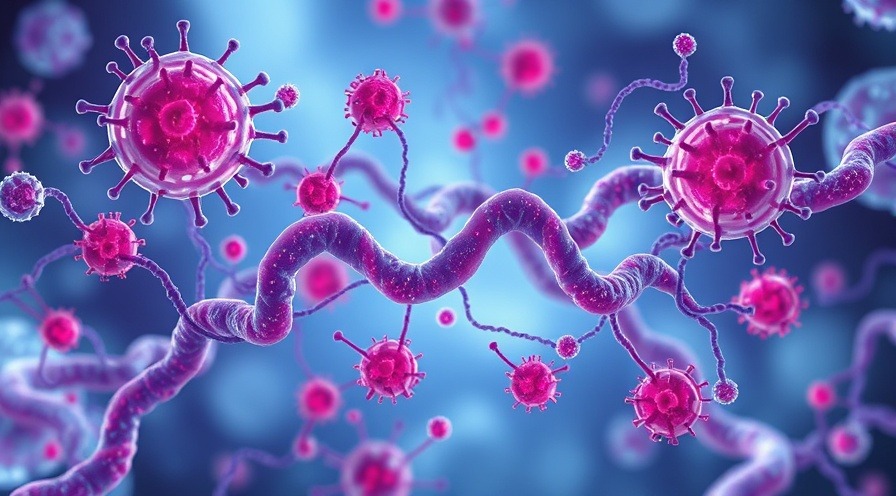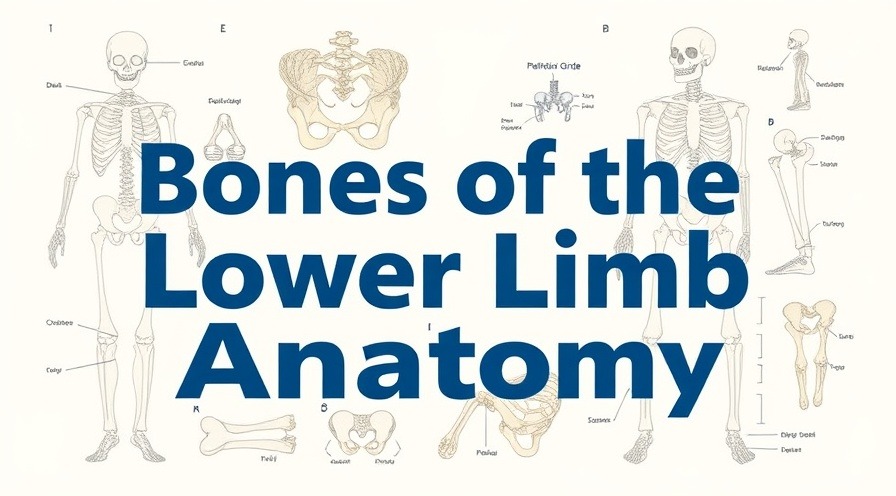
Victoria's Brave Battle with Triple Negative Breast Cancer
At just 31 years old, Victoria faced a life-altering diagnosis: stage 2 triple negative breast cancer. Many people are unaware of how this aggressive form of breast cancer operates, especially younger women who often believe they are outside of the risk factors. Victoria's journey serves as a poignant reminder that cancer can strike anyone at any time.
In 'I survived Triple Negative Breast Cancer,' Victoria shares her life-altering diagnosis and recovery, prompting us to explore the broader implications of her story.
Understanding Triple Negative Breast Cancer
Triple negative breast cancer (TNBC) is characterized by the absence of three common receptors known to fuel most breast cancer growth. This means that conventional hormonal therapies are ineffective for TNBC patients, making it a much more challenging diagnosis. The cancer is particularly aggressive, often growing quickly and more likely to spread. Understanding this can empower individuals, reinforcing the need for awareness and early detection.
The Emotional Terrain of a Diagnosis
Victoria initially grappled with feelings of denial upon her diagnosis. "I thought it was just a cyst or something harmless," she recalls. This disbelief is common; many individuals may think that cancer won’t happen to them—even when they find a lump. Her experience illustrates the importance of regular check-ups, as early detection can lead to better outcomes.
A Journey of Courage: Treatment Choices
Victoria underwent extensive treatment, which included two weeks of fertility preservation, five months of chemotherapy, and a double mastectomy. These steps are not merely medical responses; they signify a courageous stand against a life-threatening illness. Her decision to pursue fertility preservation highlights the complex emotional considerations that come with a cancer diagnosis, especially for younger patients who may wish to start families in the future.
Celebrating Survivorhood: The Path Ahead
Today, Victoria can proudly say that she is in survivorship, having shown no evidence of disease and achieving a pathological complete response to her chemotherapy. For many cancer survivors, the journey is transformed into advocacy. They become voices for awareness, sharing their experiences to educate others and inspire hope.
The Power of Community and Support
The emotional toll of a cancer diagnosis can be immense. Victoria’s journey emphasizes the importance of community and support systems during treatment and recovery. Strong emotional and psychological support can greatly enhance a patient’s resilience. This might include friends, family, or even support groups that allow patients to connect with others facing similar experiences.
Moving Forward: Lessons Learned
Victoria's story is not just about overcoming cancer; it's about using her experience to empower others. She learned to appreciate the small things that often go unnoticed in the hustle of daily life—a warm cup of tea, the beauty of nature, or a heartfelt conversation. Those battling cancer can find new value in their lives through their struggles, making even the toughest times an opportunity for personal growth.
Take Action: Get Involved in Awareness and Advocacy
Victoria’s incredible journey serves as a call to action for readers. Supporting cancer research and awareness efforts can help improve early detection and treatment options for those affected by cancer. Get involved locally by participating in walks, fundraisers, or community education events. Your efforts, no matter how small, can contribute to the fight against cancer.
If you or someone you know is concerned about cancer or is facing a diagnosis, remember that you’re not alone. Seek support from friends, healthcare professionals, and local organizations. Together, we can build a stronger community against cancer.
 Add Row
Add Row  Add
Add 




Write A Comment